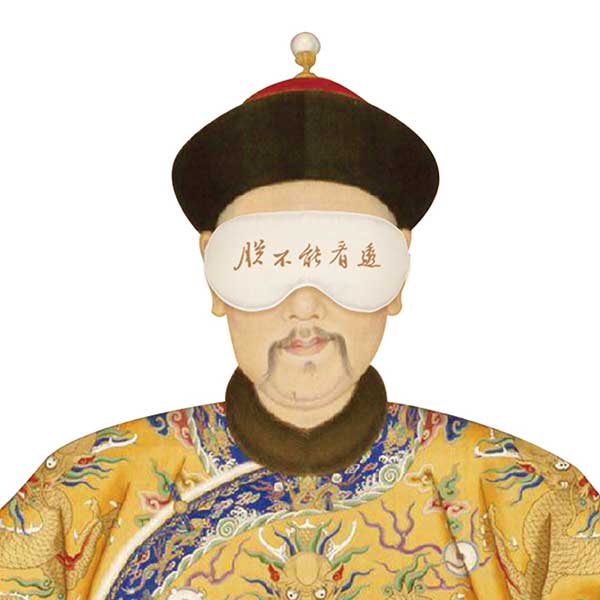Selling history
China Daily Asia | Updated: 2018-11-28 15:32

The Forbidden City has come to symbolise China's rich past – and continues to stay relevant (and marketable) in contemporary times.
As an enduring symbol, the Forbidden City has always been a must-visit in China. In the age of e-commerce, it has also gained huge popularity among the younger generation by promoting creative products that feature "cute" elements of Imperial China. Popular products include tiny dolls (whose images usually show officials or maids), fashionable handbag tags, stationery and much more. Among these, masking tape is particularly sought-after and always sells out lightning-fast; people use it to decorate their notebooks, phones or lipstick tubes. The black lacquer pattern originates from the palace's collection and, with the use of laser technology, shows various colours in different directions.
With more than 900,000 followers on its online shop's Weibo account, this stately palace has become an internet celebrity in its own right. In 2015, its sales volume surpassed RMB 1 billion and its stories attracted more than 100,000 views. Its target customers are people in their 20s or 30s who appreciate individuality and are enthusiastic about fresh topics on the internet. Unlike in the old days, when the palace focused on staid historical stories, it's now committed to connecting famous people and anecdotes in history with cute and creative products. For one, quotations from emperors can be a great resource for designers. Emperor Yongzheng's "I miss you a lot" was applied to a fan design, becoming a big hit.
In August, the Forbidden City collaborated with famed Chinese bottled water brand Nongfu Shanquan on a new product. These bottled waters are covered with traditional images of emperors, concubines and empress dowagers, alongside their humorous monologues. On the eve of the Forbidden City's 600th birthday, this magnificent work of architecture will certainly bring more surprises as it continues to stay relevant in the modern age.
























